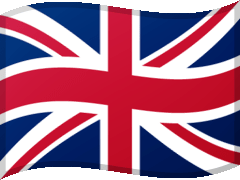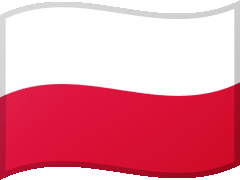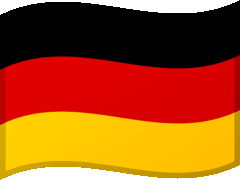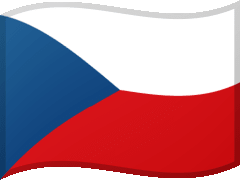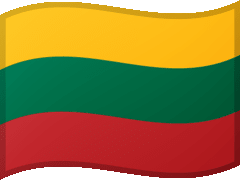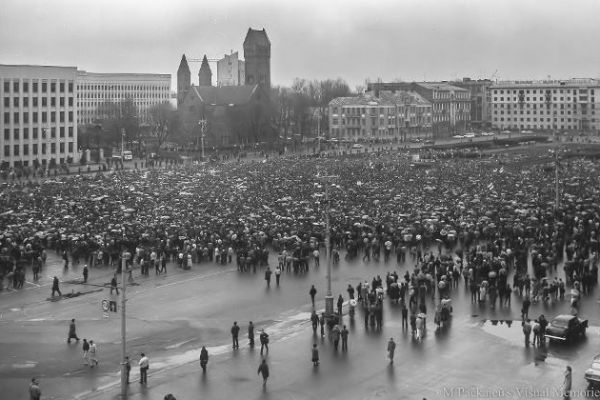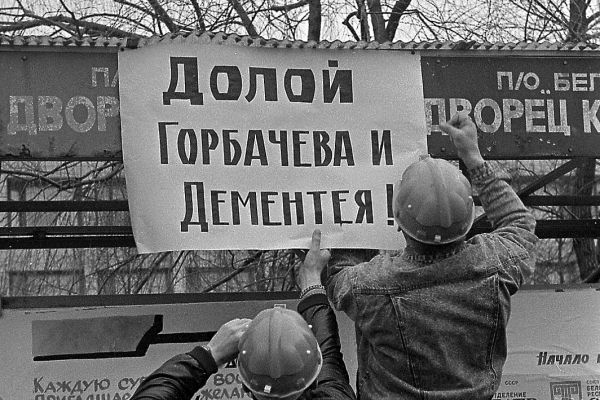In the middle of the 1980s. Social ferment arose in Belarus, however, it was weaker than in the neighbouring republics of the Soviet Union. In the face of strong Russification, opposition was sparse, without significant social resonance. The Communist party was not willing to introduce reforms. With time, the power of the Belarusian Popular Front, established at the end of 1980s, which proclaimed the slogans of national revival, sovereignty and democratisation, grew. In January 1990, the parliament passed a law to give the Belarusian language the status of the only official language, which was intended to weaken the BPF by depriving it of an important demand. On 25 February 1990, the BPF organised an anti-government rally in the centre of Minsk, gathering around 100 000 protesters.
From March to May, elections to the Supreme Council were held. Representatives of the opposition put forward slogans for the country's independence, the abandonment of the monopoly of the Communist party and economic reforms. Just as in the local elections held at that time, the Communists won a large majority of seats, and among them, the later president Alexander Lukashenko. In May, the pro-reform Communist Vyacheslav Kebich was elected head of the new government.
Under the influence of the emancipatory sentiments, on 27 July 1990, the parliament adopted the Declaration of State Sovereignty of the Belarusian Socialist Soviet Republic, acknowledging Belarus as an independent member of the international community with a neutral status. At the same time, it was postulated to remain as a Soviet Union state, which was opposed by the opposition. The act of 28 July introduced the multi-party system. In 1991, Belarus proclaimed independence.
